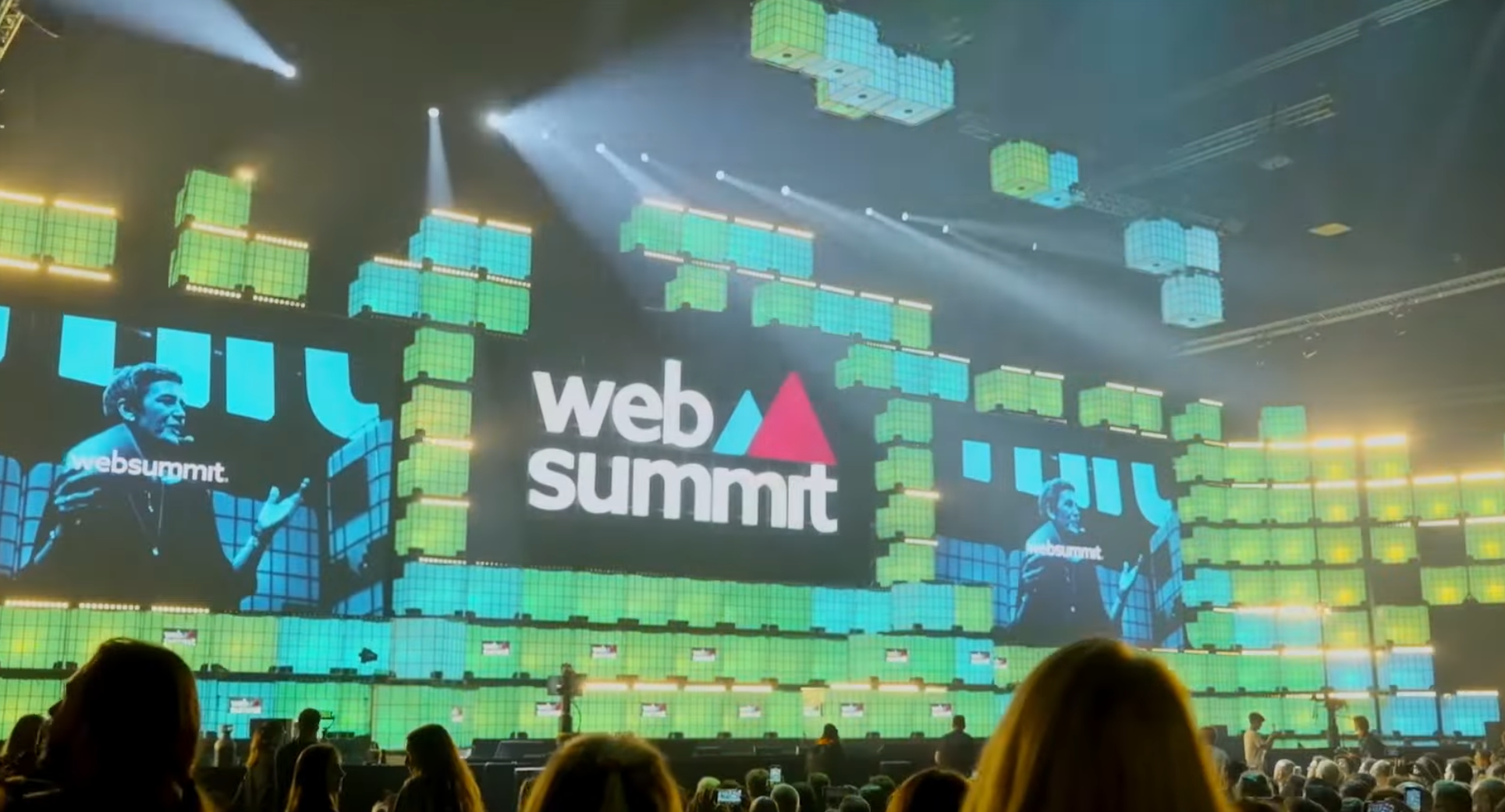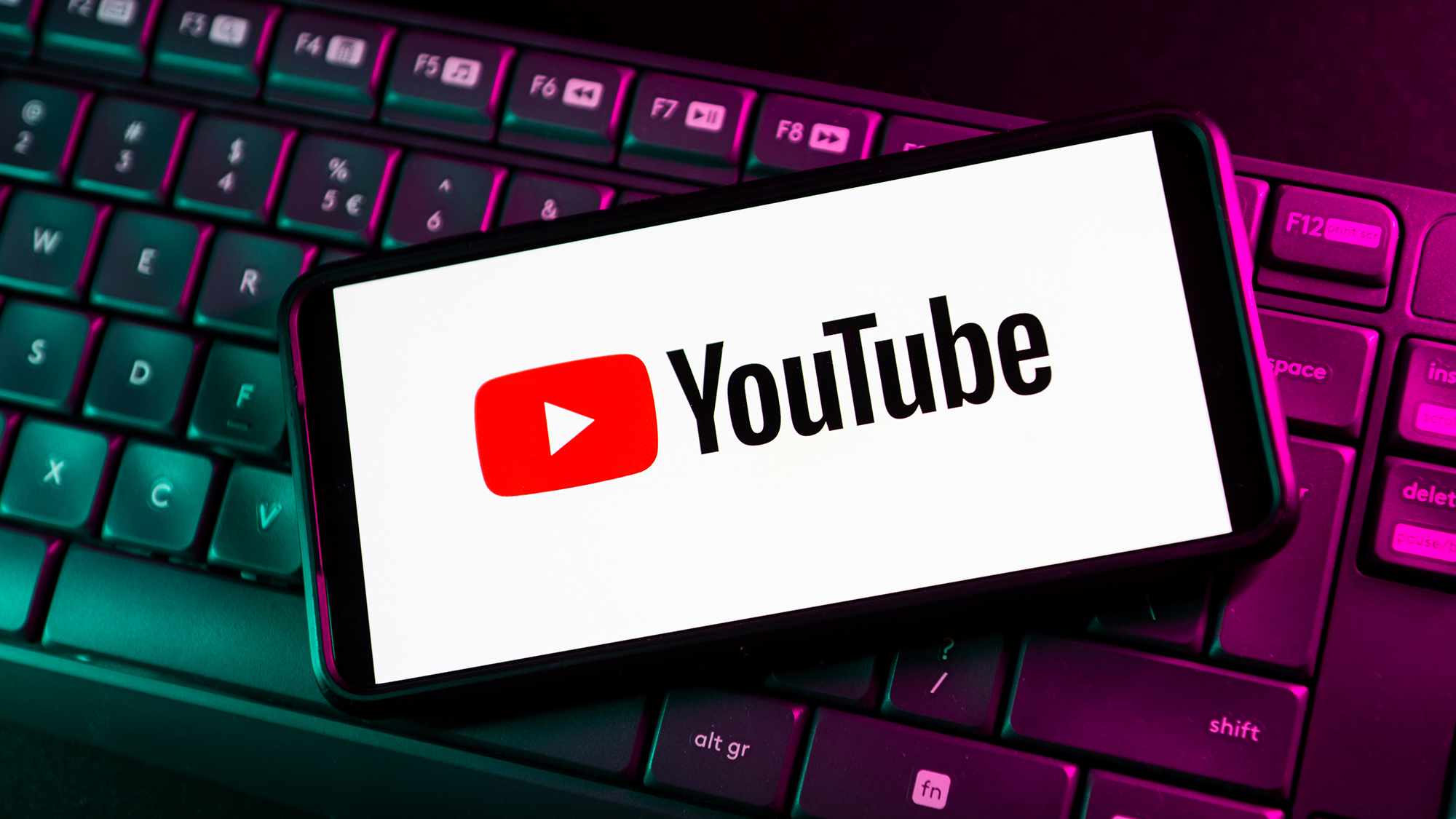
Web Summit has become one of the most important events in the tech conference calendar. Taking place every year in Lisbon, Portugal, it attracts start-ups, big tech and famous faces alike. This year, artificial intelligence is high on the agenda with dozens of talks, presentations and panels discussing the topic. The conference will run from Monday to Thursday next week and I’ll be hosting a panel myself, focused on the use of AI in business.
While it might feel like AI has suddenly appeared out of nowhere in the last 12 months, the technology has been around for decades and slowly improving with each new advancement. It's embedded in phones, used in businesses and present in medicine.
I’ve been covering the topic as a journalist for years and as we approach the first anniversary of the launch of ChatGPT, I’m going to be paying particularly close attention to generative AI and how it is being deployed.
What is happening with AI?
We are already seeing companies like Microsoft confirming its use in future Xbox games to bring NPCs to life, YouTube is deploying AI bots to improve how its comments work and of course every Office-like application will have a text generation tool soon.
Taking a look at the schedule for Web Summit it’s clear a lot is still to be decided around the regulation and ethical use of the technology, with multiple panels on both of these aspects. But what I find more interesting are the startups and organizations deploying AI right now.
Going to an event like Web Summit as a reporter usually begins with a search of all the panels in the hope of finding something that will lead to a good news line. It includes networking to connect with people building or doing something unique and a lot of walking - there is a lot of area to cover and usually, a short time to get from panel to panel.
It started with a Wiki
One of the first moments of the festival of tech, after the opening night drinks and festivities, is a talk from Wikipedia founder Jimmy Wales. At this point, it is unclear what he will talk about, but the expectation is there will be at least some mention of how Wikipedia plans to use AI and deal with its content being used to train AI models.
Massive amounts of data are needed to get an AI tool like ChatGPT to pump out that funny joke for your best man speech, or write the essay you put off until the night before the deadline. One of the most prominent sources of that data is Wikipedia, in part because it comes pre-organized, labeled and checked.
I’ll also be heading to a talk from Airbus on how it uses AI to measure and improve a pilot's response time in flight. This will include a workshop and demo to show how computer vision can be used for more than just identifying a plant and can lead to safer air travel.
Replacing ads on YouTube?

It’s not all grandiose fetes of engineering. Another panel will explore how AI-powered product placement could lead to the end of video ads as we know them today. Why sit through a 30-second ad for a 2-minute clip of a cat playing the piano when AI can put a Pepsi can on the piano right into the video itself?
AI crosses all industries and areas. That is becoming apparent here at Tom’s Guide in my new role as AI Editor. During pitch meetings, we keep finding fun crossover ideas that cover everything from using AI in sleep tracking to fitness and gaming.
One talk at Web Summit from the London School of Fashion and Dress for Impress will explore how the fashion industry can make use of AI in clothing design to improve customer experience through virtual try-on and fittings.
So what's the highlight?
There will be footballers, models, actors and tech people mingling at an event that goes beyond AI, touching on the commercial space sector, how the internet is evolving and even the future of television and broadcasting — there are more than a few talks on podcasting and even a podcasting booth in the media room.
Despite the celebrity profile and the chance of a chat with DJ Marshmello — my highlight is going to be the exploration of AI and how it’s changing our lives in ways we may not yet understand. And, of course, I'll be covering my thoughts following the conference right here at Tom's Guide.







